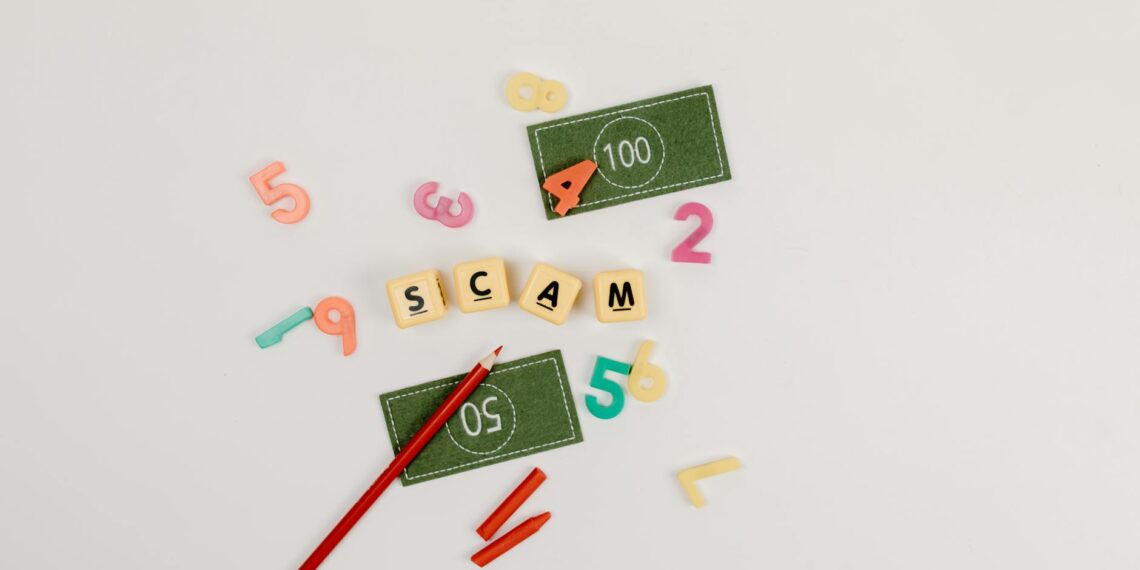Creating your own cryptocurrency, whether it’s a coin running on its own blockchain or a token built on an existing one, is an achievable goal, though it varies significantly in complexity and required expertise.
Here’s a breakdown of the process:
- Determine the Use Case: Clearly articulate the purpose and problem your cryptocurrency will solve. Will it facilitate transactions, support smart contracts, or serve a specific application within a decentralized ecosystem? Defining this “why” will guide your design choices.
- Coin vs. Token: Decide if your digital currency will be a standalone coin (requiring you to build a new blockchain) or a token (leveraging an existing blockchain). A token is generally easier to create for individuals with less programming knowledge as it involves using open-source code and existing infrastructure.
- Tokenomics: Consider the supply, distribution, and overall economic model of your cryptocurrency, which impacts factors like inflation, scarcity, and value proposition.
- Consensus Mechanism: If building your own blockchain, choose a consensus mechanism (e.g., Proof of Work (PoW) or Proof of Stake (PoS)) to validate transactions and secure the network. PoW is considered more decentralized and secure but is also energy-intensive. PoS is more energy-efficient.
- Blockchain Architecture: If creating your own blockchain, design the network’s architecture, including its accessibility (public or private), node structure, and data storage methods.
- Existing Blockchain Platforms: If you opt for a token, choose an existing blockchain platform (e.g., Ethereum, BNB Chain, Solana) that supports token creation. These platforms often offer tools and standards (like ERC-20 for Ethereum) to simplify the process.
- Forks and New Blockchains: For more advanced developers, you can fork an existing blockchain’s code or build an entirely new blockchain from scratch. Both options require significant technical expertise in areas like blockchain technology, cryptography, and programming languages (e.g., C++, Solidity).
- Development Tools and Skills: Consider using development frameworks (like Node.js), smart contract tools (like Remix or Hardhat), and testing platforms (like Truffle) to streamline your development process. If you lack coding skills, hiring a blockchain development company or utilizing automated cryptocurrency creation websites is an alternative.
- Smart Contracts: If building a token or a smart contract-enabled blockchain, develop and rigorously test your smart contract code to ensure its security and functionality before deploying it to the network.
- Wallet Integration: Consider how users will interact with your cryptocurrency by designing a user-friendly wallet interface.
- APIs: Establish application programming interfaces (APIs) for seamless integration with other applications and services.
- Legal Compliance: Before launching, ensure your cryptocurrency project complies with all relevant legal and regulatory frameworks in the jurisdictions where it will operate. This may include registering your entity, obtaining licenses (like money transmitter licenses), and adhering to AML/KYC regulations.
- Security and Testing: Implement robust security measures and conduct thorough testing (functional, performance, security, integration) to identify and address vulnerabilities before launch. Consider third-party audits to enhance trust.
- Community Building: Engage with potential users, promote your project through social media, events, and relevant platforms, and build a strong community to drive adoption.
- Launch and Distribution: Decide on your launch strategy, whether it’s through an initial coin offering (ICO), airdrop, or listing on a decentralized exchange (DEX). You might need to provide liquidity for trading.
Remember, creating a successful cryptocurrency requires not just technical prowess but also a compelling vision, strategic planning, strong community engagement, and a clear understanding of the evolving regulatory landscape.









Is it possible to create your own crypto coin?
Thanks for asking. Can I Create My Own Cryptocurrency? You can make your own cryptocurrency. Usually creating a new coin or token requires some computer coding expertise, but you also can choose to hire a blockchain developer to create a digital currency for you.
How much does it cost to create your own crypto coin?
I can help with that. The cost to create your own cryptocurrency varies based on several factors, including blockchain selection, features, and development requirements. On average, it can range from $10,000 to $300,000.
What is a FBI coin?
Great question! A challenge coin is a coin or medallion, bearing an insignia or emblem and carried by the members of the organization. Traditionally, they are given to prove membership when challenged and to enhance morale.